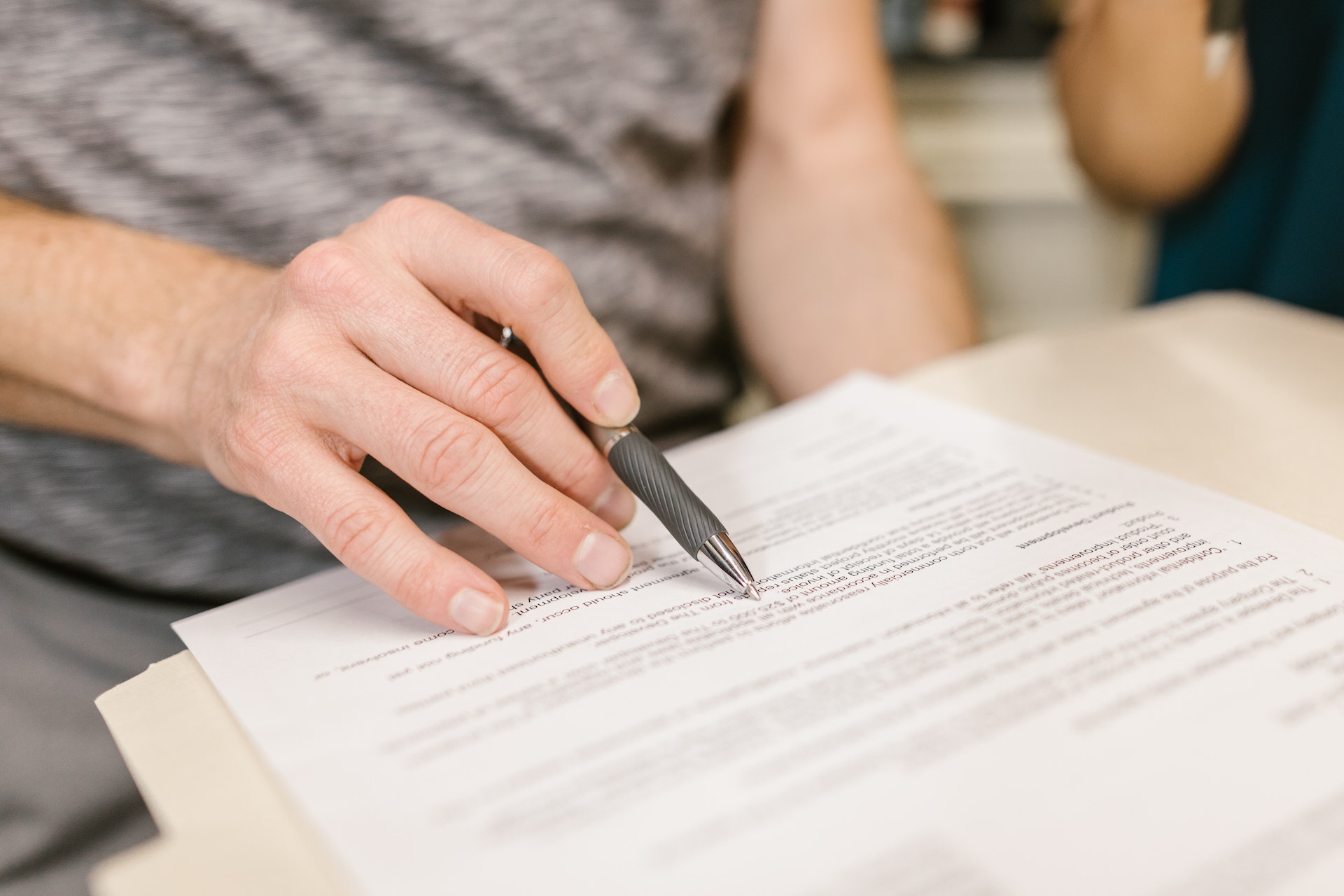Multi-year leases are becoming more popular, but does that mean they’re better? Today’s article discusses the pros and cons of a multi-year lease so you can decide which is good or bad for your investment property.
What is a Lease?
A lease is an agreement between the landlord or the property manager and the tenant, stating the terms of the tenancy. One of the most important aspects of a lease is its duration.
There are annual leases and multi-year leases. In Massachusetts, we typically have annual or 12-month leases.
But we want to make sure that our leases will always end anywhere between June, July, August, or September. So sometimes, if you’re starting in the middle of the year, you might do a longer or a shorter-term lease to get it on that cycle.
What Makes Multi-Year Leases Good
There are a lot of landlords out there that love two or three-year leases because this allows them the stability to know that they have tenants for the long term.
They don’t have to worry about their renewals and worry about whether their property is going to go vacant. So if tenants have been good residents, we might offer them a multi-year lease.
Having a year-by-year lease allows us to reevaluate, usually at the beginning of the year, what your expenses were like for the previous year. From there, we determine if your expenses went up one or two percent, plus the inflation.
We might go up four or five percent to help you offset that and make you at least the same amount of money. Profits are important; as a landlord, you own property because it’s an investment you want to provide you with returns.
Generally, that’s a good idea to have security and stable profits, but let me tell you about the cons of having a long-term lease and why personally, I don’t do them as a property manager.
What Makes Multi-Year Leases Bad
When you have a tenant in there that might have a two or three-year lease, they start misbehaving. If they are bad tenants, it will be much harder for you to evict them, and you have to deal with them for the lease duration.
The second most important thing is the financial aspect. Many times, landlords do a two-year or three-year lease and keep rent at the same rate. Tenants love that; however, you have to remember that your expenses typically go up.
Your water, taxes, insurance—none of these ever go down for you. In addition, you always have to account for 3% of the inflation rate. All this will slowly eat your profits if you keep rents exactly the same.
The third aspect that makes multi-year leases bad is the fact that you can’t change the lease terms once the agreement is signed.
Sometimes, circumstance change in the lives of landlords as well as tenants. They might get a pet, or maybe you feel something different about a certain rule or regulation with a neighbor.
So you would want to change those lease terms, but a multi-year lease will not let you do that. With an annual lease at least, you can renew the terms with changes and improvements to better help and protect you.
The Landlord Tutor Promise
To know more about leases and ensure that you are protected while maximizing your profit, join the Landlord Tutor community and sign up here.





